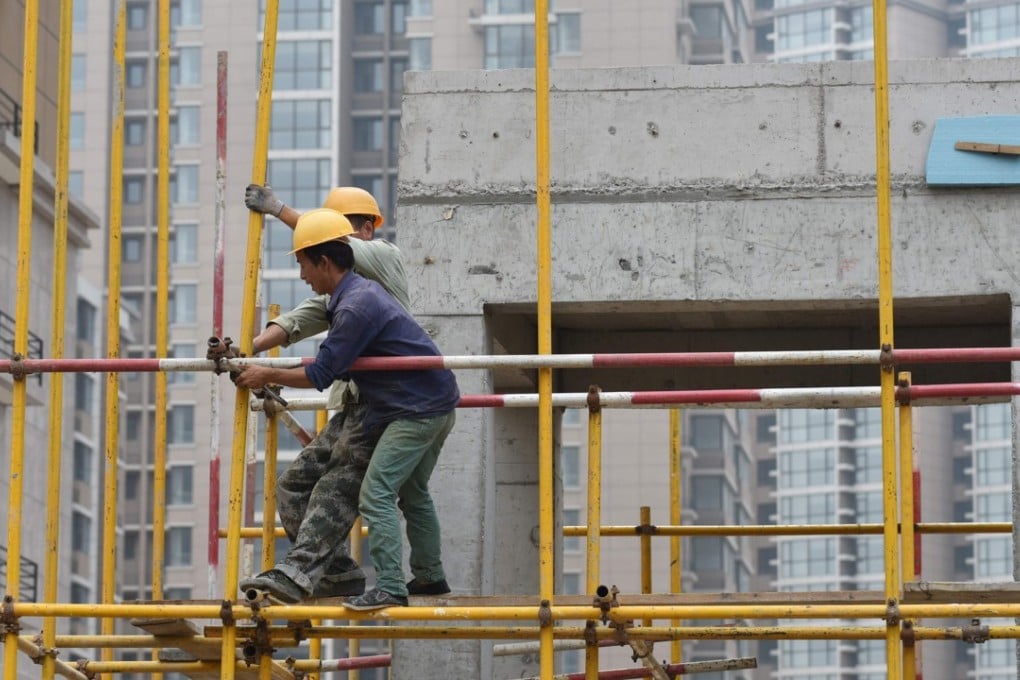China hints at more government spending to shore up economic growth
Ministers say the authorities need to be more proactive to pursue growth policies, amid concerns world’s second-biggest economy is losing steam

China will be “more proactive and effective” in implementing a pro-growth fiscal policy, the country’s two powerful economic ministers said, sending a strong signal that Beijing will loosen its purse strings to offset the impact on growth from its financial crackdown.
He Lifeng, the chairman of China’s National Development and Reform Commission, the economic planning agency, told the country’s lawmakers on Tuesday that China was on track to achieve its economic growth, employment, inflation, fiscal revenue as well as imports and exports targets, but the country was falling behind in its goals for investment and wooing foreign investors.
“China’s fiscal policies must be more proactive and effective ... while monetary policy must stay prudent and neutral,” He told the National People’s Congress Standing Committee.
Xiao Jie, China’s finance minister, told the lawmakers his ministry would urge local governments to accelerate spending on approved projects to “release effects of fiscal funding support and policy support”. Xiao also said fiscal authorities would try to woo more investment into public-private partnerships and raise funds for “new infrastructure and utilities”.
The transcript of the two ministers’ reports were published on the congress website.